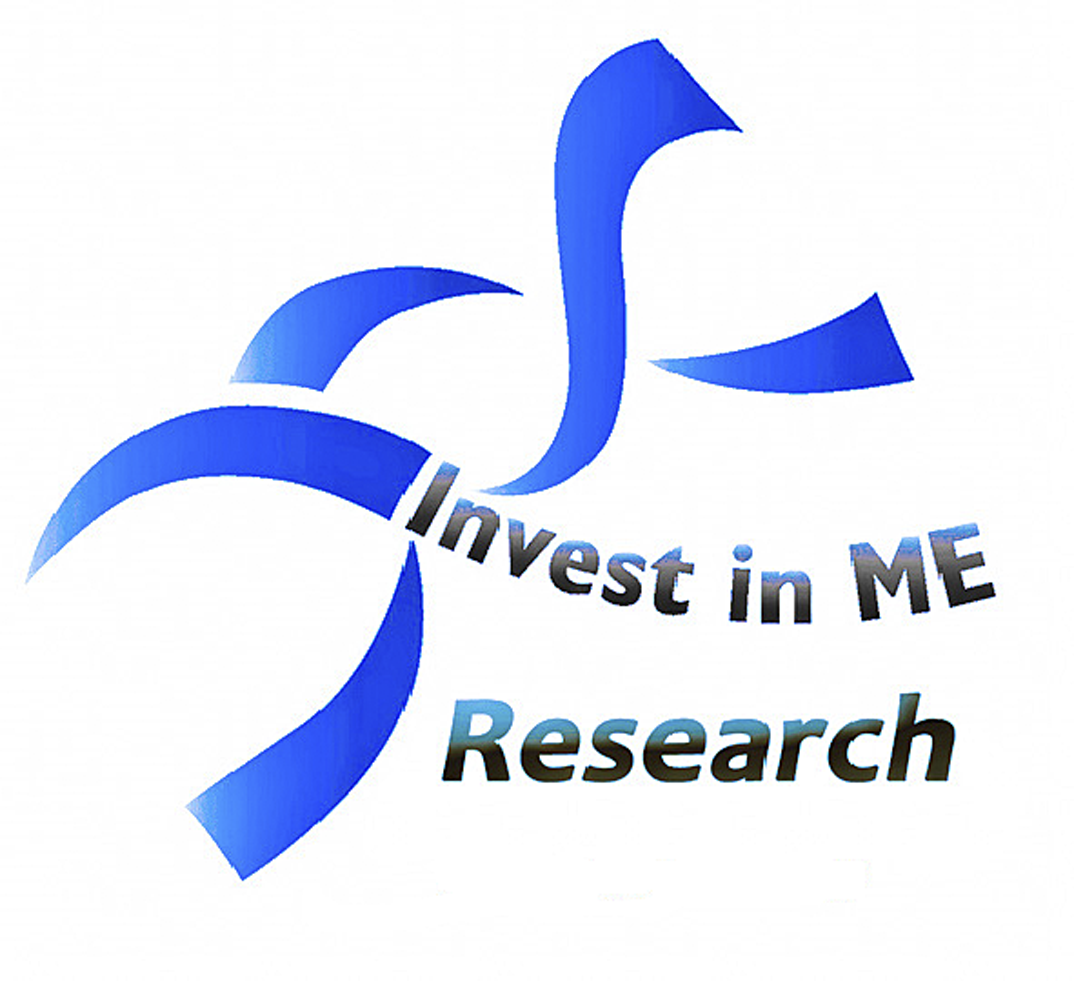Accountability and Action
"None of the recommendations from the CMO Working Group report have been fulfilled
- a testament to the failure of governments, UK Chief Medical Officers, NHS and Department of Health
– and the Medical Research Council and those from the MRC charged with changing things for the better.In all of the ways that ME has been handled over the past decades one inexorable fact remains - people with ME have continued to suffer and have continued to be let down.
Little more needs to be stated in order for parliament to take action."
The charity reviewed the status of research, treatment and perception of ME in light of possible debates which might occur in UK.
We do not know if the parliamentary debate on 21st June 2018 is part of a pre-determined set of actions that leads to an agenda that has already been prepared in meetings over the past months.
Whatever the background this status document has been produced to suggest actions that need to be taken based on the lack of any real intent to make progress in the past.
The status document from the charity is here
![]()
Background
The original NICE guideline put forward a psychosocial model for ME and promoted CBT and GET as the options for management.
The biological model with evidence of inflammatory, immune, oxidative and nitrostative pathways as key areas was ignored.
This was heavily criticised.
- The AGREE Instrument (Appraisal of Guidelines Research and Evaluation Instrument) with which NICE is obliged to comply in the formulation of all its Guidelines is specific: “The health benefits, side effects and risks should be considered when formulating the recommendations”.
- NICE failed to conform to the AGREE Instrument which requires that NICE is obliged to give equal weight to three main sources of data: “evidence-based” medicine, usually deemed to be random controlled trials (RCTs); the opinion and experience of physicians with expertise in the area, and the opinion and experience of the patient group for whom the Guideline is intended.
- NICE did not abide by the European AGREE standards which govern guideline development.
- Invest in ME rejected the original NICE guidelines as unfit and has recommended them to be updated/rewritten.
- Invest in ME concluded that the basis of the NICE Guidelines was in viewing as broad a section of fatigue states as possible, where high quality biomedical research into ME was ignored. Essential research showing the multi-system nature of ME was not considered or discussed.
- NICE exhibited a bias toward promoting a predetermined one-size fits all approach to ME by continually highlighting CBT and GET therapies despite widespread derision from ME patients.
- The original NICE guidelines left both healthcare professionals and patients in a state where they became, and have become, of little use to anybody – neither to patients nor to healthcare staff. Patients were dissatisfied with the guidelines. Doctors were afraid to venture outside of the NICE guidelines in case they were taken to the GMC by individuals and groups with vested interests in perpetuating the myths about ME being a behavioural disorder.
- There was almost universal condemnation of the guidelines by patients, patient support groups, most ME charities and even healthcare providers.
- Over twenty internationally renowned ME/CFS experts provided Statements in support of the Claimants‟ case for the Judicial Review of the National Institute for Health and Clinical Excellence (NICE) Clinical Guideline on “CFS/ME” that was brought by ME/CFS sufferers [Statements of Concern about CBT/GET provided for the High Court Judicial Review of February 2009

We believe these comments are still valid today. No evidence has been produced to contradict these statements.
What has happened before with NICE Judicial Review Call for reviews Unaccaptability and liability regarding CBT and GET Surveillance Review The Surveillance proposal consultation document was clearly grossly biased toward a BPS view of ME and unrepresentative of patient views on the disease from which they, not NICE, suffer daily. Correspondence with Mark Baker Need to remove CBT and GET as recommendations now New letter to Mark Baker July 2018 Lack of trust in NICE
This is part of the status of research, treatment and perception of ME - in 2018.
The continual failure of those who have been responsible for the policies for ME - policies that should have improved
the lives of patients and their families - must bring some accountability.
This continual merry-go-round which sees patients fooled by excuses and dead-end initiatives every few years must stop.

The NICE Review Document
"The lack of understanding of the aetiology of the 2 condition has contributed to a number of different symptom-based definitions 3 being used in research and in clinical care" What does this show? Surely that education of doctors has failed – doctors take guidance from NICE gidelines – thefore NICE guidelines have failed.Things cannot go on as they have done before. Real change needs to occur - and not with the false change that is witnessed every few years with disingenuous attempts made by organisations and individuals who act as gatekeepers for meaningful change; - and not with continued apathy from establishment officials.
Prevalence rate comments – so different from the inflated figures from MRC and cmrc about prevalence. “People with ME/CFS report delays in diagnosis, and research has highlighted that many GPs lack the confidence and knowledge to diagnose and manage ME/CFS.” – obviously NICE guidelines have made no difference This should serve as a warning sign for this new NICE revision as it demonstrates that the current NICE guidelines have completely failed in giving doctors what they need regarding ME. “People with ME/CFS have reported a lack of understanding among health and social care professionals about their illness and related problems”

What Needs To Be Done
A number of actions which would enable a new beginning to be made
Things cannot go on as they have done before. Real change needs to occur - and not with the false change that is witnessed every few years with disingenuous attempts made by organisations and individuals who act as gatekeepers for meaningful change; - and not with continued apathy from establishment officials.
Going Forward
A five-year, ring-fenced budget of £20 million per year for biomedical research into ME should be allocated.
Funding for the Centre of Excellence for ME that the charity has been facilitating the development of for the last eight years.

The status document from the charity is here
![]()



